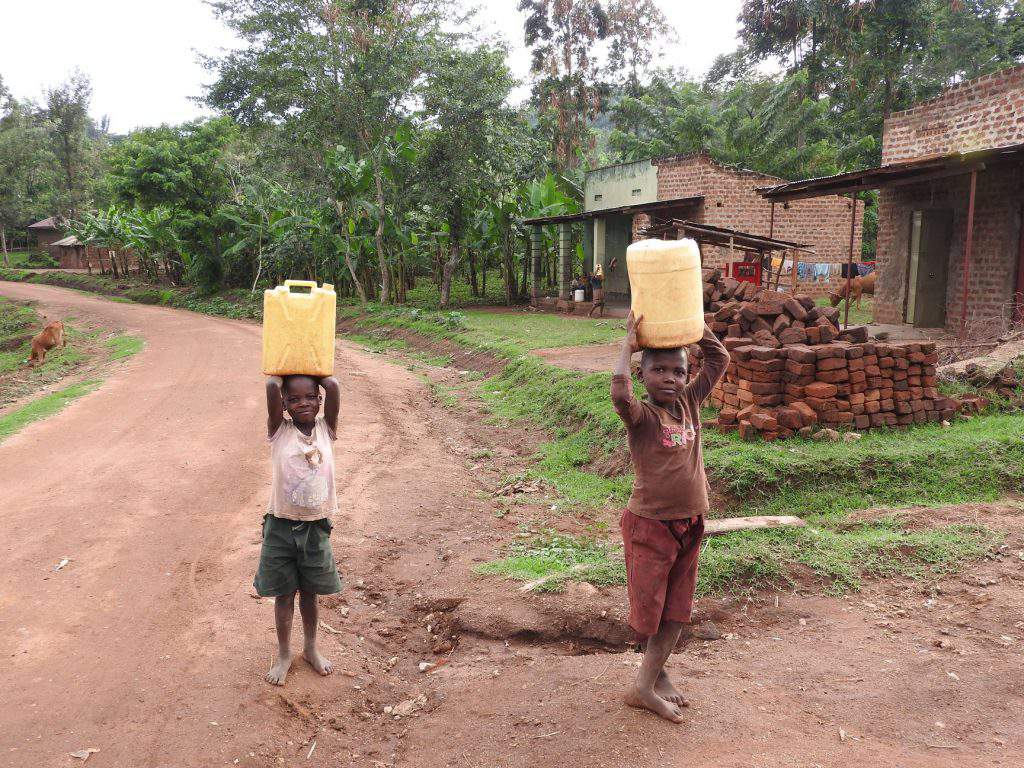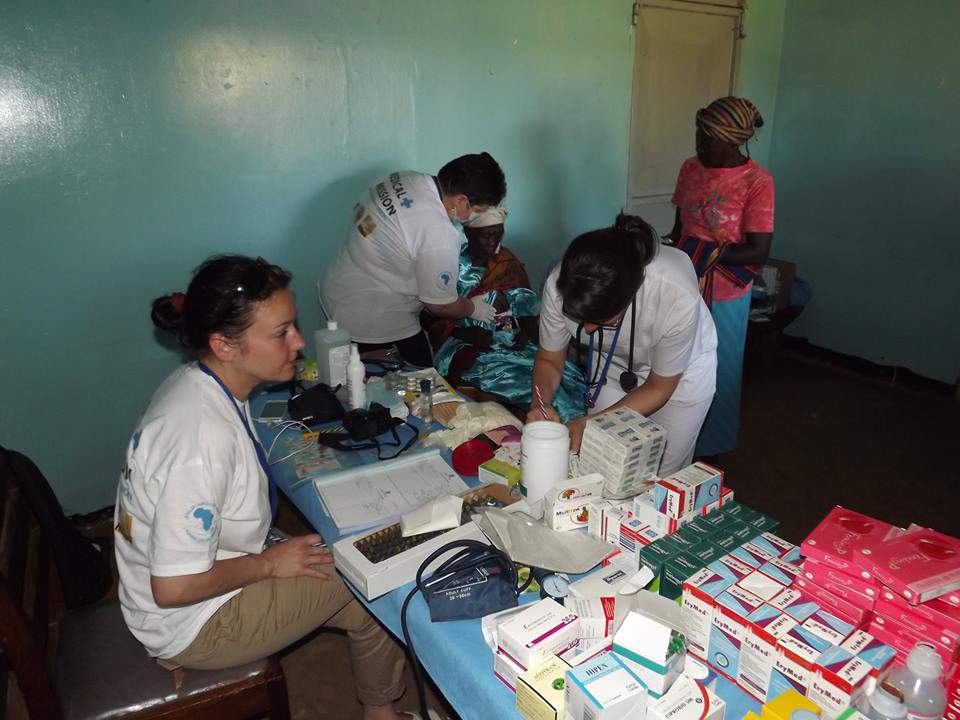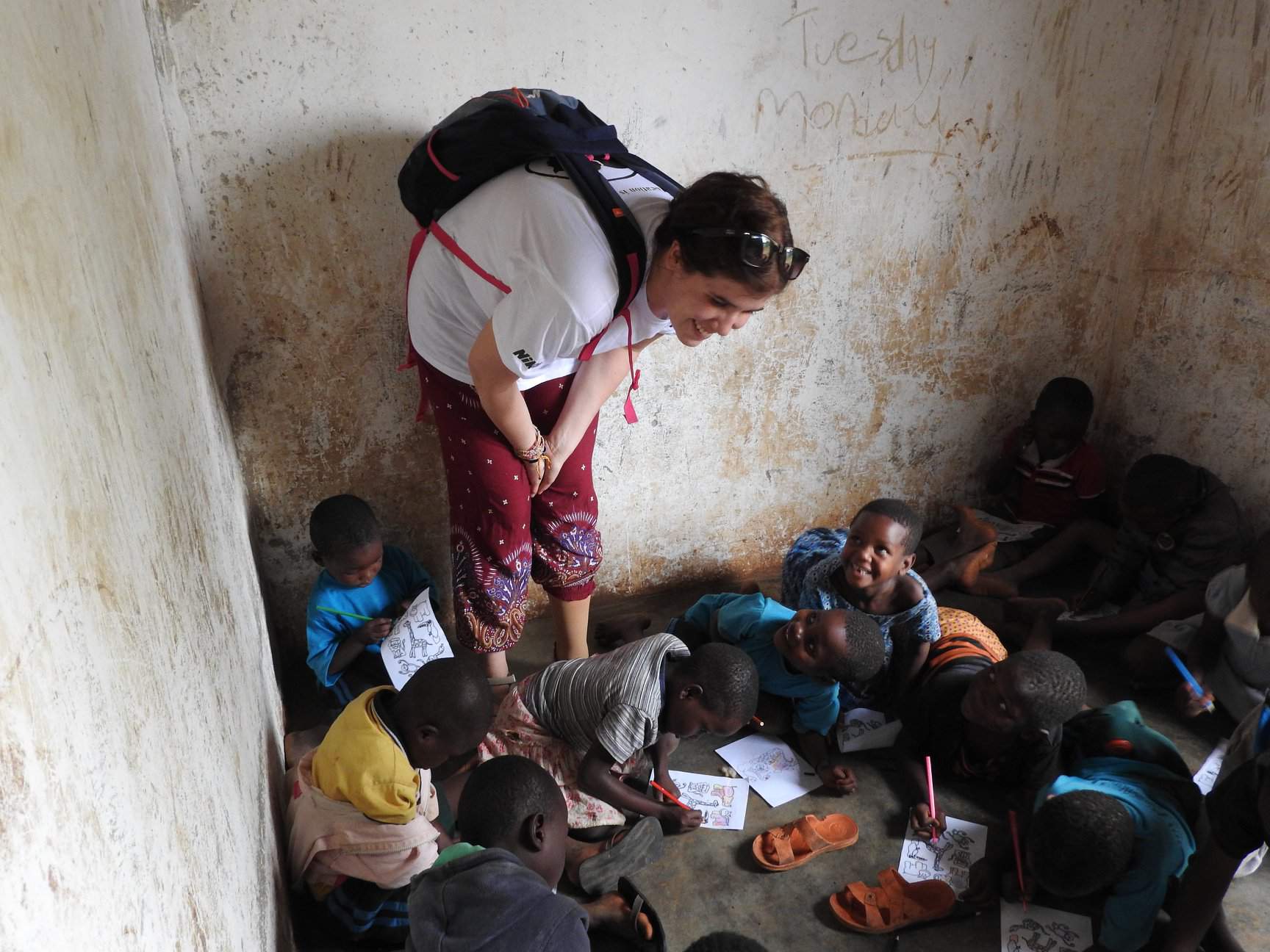Two Hungarian girls helping generations in Africa
The situation of women in Africa from a humanitarian point of view is devastating: they only own one piece of clothing which they can never take off, and they only have access to such contraceptives that have unpredictable side effects. Two young Hungarian women from the African Hungarian Union have embarked on a journey to ease the lives of African women.
The AHU launches several medical missions and others focusing on teaching enslaved women and children soldiers crafts that are useful for society and with which they can make a living.
So why women? The chairman of the AHU, Sándor Balogh, refers to an ancient African saying:
if you teach a man to do something, then you have taught a person, but if you teach a woman something, then you have taught an entire generation.
Globoport reports that Zsófia Könczöl and Kamilla Kiss are leaving to Africa for a missionary task. Zsófia has been there twice already, last time tasked with drawing up a report regarding the needs of African communities. One of her main points was the situation of women, including access to basic hygiene (including washing and practices during menstruation) and learning to sew, so they can have more than one item of clothing. The women of a small village in Uganda, this way, will learn how to make soap and how to saw pads.

Zsófia and Kamilla are taking shoe donations with them, as there is a huge need for shoes as well: women can easily get a cold, and, running around barefoot, they are exposed to parasites living in the dust. Among the donations are washable pads, thanks to Emilla Designpads, thermometers (they can be used for checking the menstrual cycle and knowing when ovulation happens).
They will acquire sewing machines locally in Africa, and once everyone has learnt how to sew, the locals can set up a timetable for the machines among themselves and teach later generations, too.
Progress can be realised through several smaller steps, as the African missions show:
the first mission in Manafwa was a medical one, the second will be dedicated to women, while there will be a third, focusing on some other aspect of hygiene, with maybe a fourth mission teaching women the tricks and practices of housekeeping. Sándor Balogh supports this argument by recalling an African story of a boy who collected sea stars washed ashore and threw them back in the water. When asked why he bothers with such a useless task – after all, he is saving the lives of only a handful of creatures out of the millions – he replied: those that stay washed ashore will surely die, but the ones I throw back will live.

Zsófia and Kamilla are facing a difficult task, as the two societies and nations are so different that the teaching methods working in Hungary might not work in Africa, and also, they might take offence if they are corrected upon making a mistake.
photos: globoport.hu
Source: globoport.hu
please make a donation here
Hot news
Budapest tourism “exploded” this past weekend
Container transport in Budapest may stop: How will this affect Hungarian economy?
Minister: Hungary will protect its territory by every means possible
Orbán cabinet may double airspace fee: another ticket price increase?
Hungary expanding the list of prohibited designer drugs
Hungarian minister: Ukraine ‘blackmailing’ Hungary and pro-peace states




